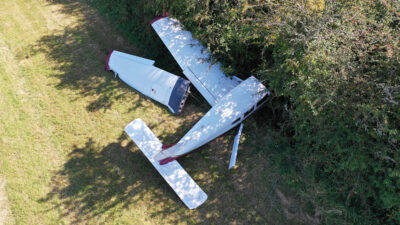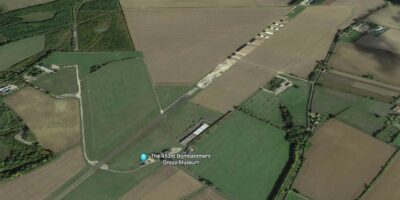Europe’s plans for its own global satellite navigation system took a massive step forward with the launch of the GIOVE-A satellite from the Baikonur Cosmodrome in Kazakhstan.
GIOVE – the Galileo In-Orbit Validation Element – is the first phase in the GALILEO project that aims to give Europe a rival network to the US-based GPS system.
Designed by Surrey Satellite Technology Limited in the UK, the GIOVE-A spacecraft will carry out a number of major GALILEO objectives – including securing relevant frequencies, validating key technologies such as rubidium clocks, characterising the orbital radiation environment and delivering signals broadcasting in parallel via twin transmission channels.
The most important items of the GIOVE-A payload are two rubidium atomic clocks and a navigation signal generator capable of transmitting codes and frequencies to be used by the 30 satellites that will eventually make up the GALILEO network.
These navigation frequencies are in the so-called Radio Navigation Satellite Service (RNSS) frequency allocations established by the International Telecommunications Union (ITU) at around 1.5 GHz and in the 1.1-12 GHz range. Under current ITU regulatory provisions, RNSS signals from the GALILEO system must be brought into use by mid-2006 or risk being lost to other users.
GIOVE-A was designed and built by SSTL, the UK-based company which has set the global benchmark for development and timely production of innovative low cost small satellites. At 660 kg and measuring 7-metres from tip-to-tip of its deployable solar array panels, GIOVE-A is the largest ‘mini-satellite’ designed and built by SSTL to date.












